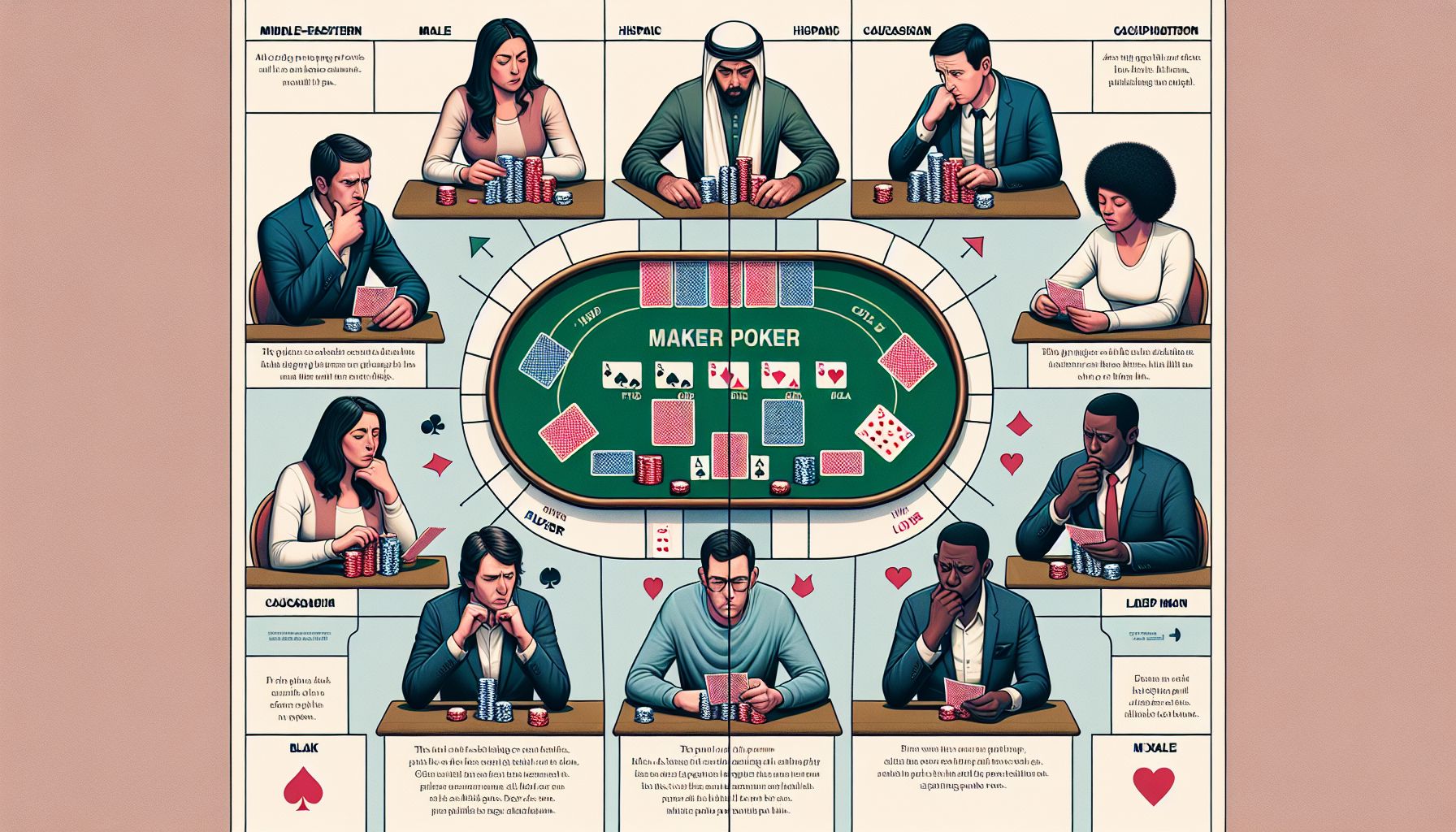If you think poker is just a game of chance, think again. Behind the alluring appeal of shiny chips and the thrill of gambling, lies a hidden treasure trove of skills that can be applied to various aspects of life. A masterful game of strategy and psychological warfare, poker can teach us an invaluable lesson on decision-making. So, whether you’re a gambling enthusiast or simply intrigued by the intellectual charm of poker, read on to discover how embracing this captivating game can turn you into a master decision-maker.
The Art of Analyzing Risk
In poker, just like in life, taking risks is part of the game. However, seasoned players understand that it’s not about blindly throwing their chips into the pot; it’s about analyzing and assessing the potential risk versus reward. Every decision comes with a cost, and understanding the odds is essential in determining the best course of action. By learning how to navigate these precarious situations in poker, one can develop a valuable knack for evaluating risks and benefits in real-life scenarios. Whether it’s a career move or a personal decision, the art of analyzing risk becomes second nature.
Maintaining Emotional Control
One of the defining features of poker is its ability to test emotional resilience. As stakes rise and pressure mounts, keeping a cool head is crucial to victory. Emotional control is particularly challenging when faced with unexpected setbacks or when holding a weak hand. Players who master the art of emotional control are less likely to make irrational decisions in high-pressure situations. This skill translates perfectly into real life, whether it’s negotiating a job offer or navigating relationships. By staying calm and collected, you’ll be equipped to make objective, rational choices that yield the best outcomes.
Reading People and Non-Verbal Cues
Poker is not just a game of cards; it’s a game of people. Seasoned players excel at reading their opponents, picking up on subtle non-verbal cues, and identifying patterns. These skills apply beyond the poker table, helping players become more perceptive in their everyday interactions. By honing the ability to interpret body language, tone of voice, and facial expressions, one can detect hidden motives and gain insight into the minds of others. These valuable skills are advantageous in a multitude of situations, such as negotiating business deals, understanding colleagues, or even deciphering the intentions of a potential partner.
Continuous Learning and Adaptation
Poker is a dynamic game that evolves with every hand. Players must continuously adapt to new circumstances, learn from their mistakes, and refine their strategies. This willingness to learn and adapt is a hallmark of successful decision-makers. Life is unpredictable, throwing us curveballs on a regular basis. By embracing a poker mindset, we become more open to learning from failures, adjusting our approach, and making better decisions in the future.
Conclusion
Underneath its thrilling exterior, poker is a powerful tool for personal growth and development. By engaging with this game of calculated risks, emotional control, and astute observation, we can enhance our decision-making abilities. So, the next time you find yourself at a poker table, remember that what you’re learning extends far beyond the game itself. Poker can equip you with the skills and mindset necessary to tackle the ups and downs of life, making you a master decision-maker in every aspect of your existence.
Note: Gambling can be addictive and should be engaged in responsibly. Always set limits and play within your means.




